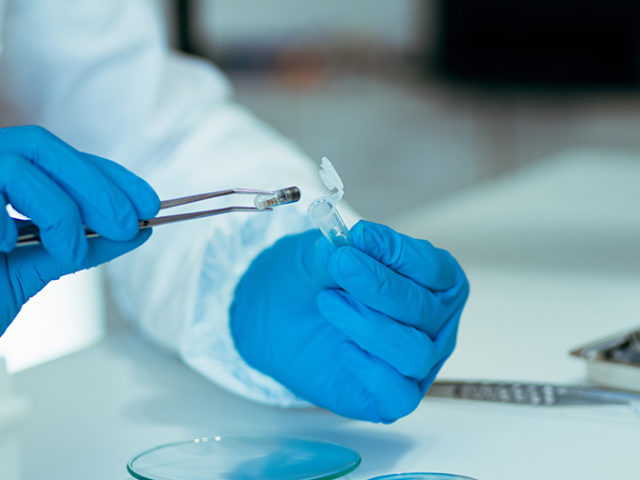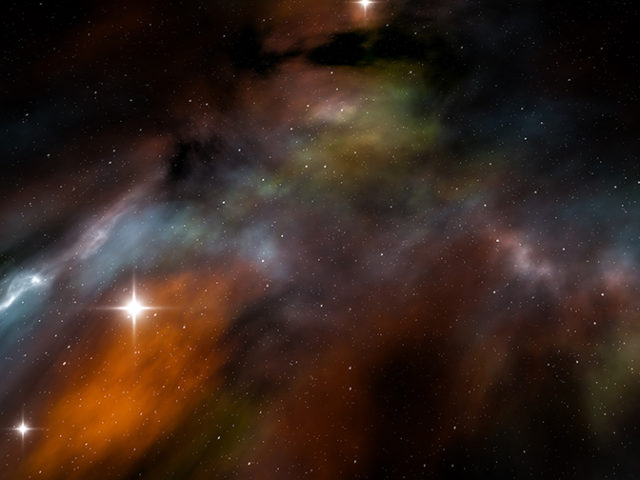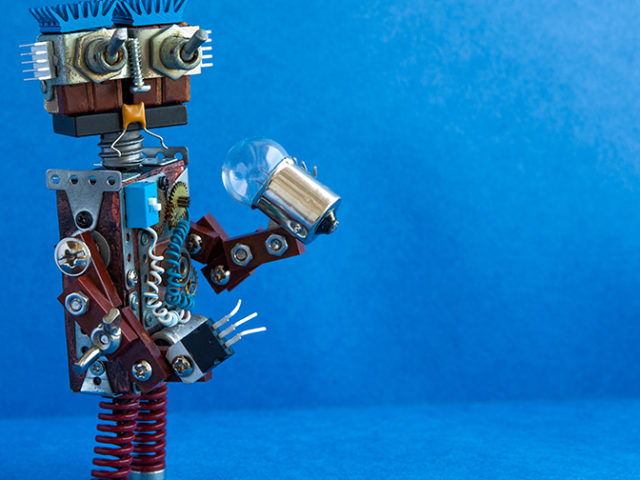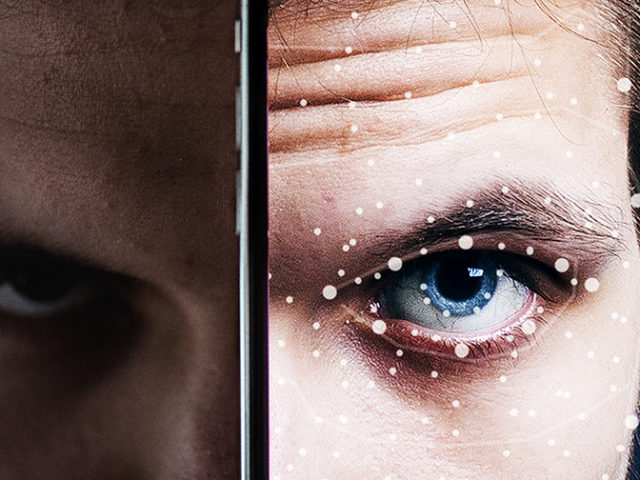A research programme which brings together academia and industry to address renewable energy challenges has delivered benefits topping an estimated £200 million. The Technology and…
Tag: featured
Nanotechnology make conversion of IR light to energy possible
Invisible infrared light accounts for half of all solar radiation on the Earth’s surface, yet ordinary solar energy systems have limited ability in converting…
“Digital twin lab” initiated at the MCI
With the support of the state of Tyrol, a "Digital Twin Lab" has been recently established at the Entrepreneurial School. This lab supports Tyrolean…
Conventional wisdom appears reversed in space
Conventional wisdom tells us that large objects appear smaller as they get farther from us, but this fundamental law of classical physics is reversed…
New semiconductor science and engineering research centre at Swansea University
A new state-of-the-art facility that will bring together groundbreaking research with technology development in the field of semiconductor science and engineering is to be…
Record winning solar cells are created
This post is about record winning solar cells. Tandem perovskite-CIGS solar cells, produced as a result of the collaboration between Lithuanian and German researchers,…
5000 eyes that looking to the dark energy
University of Michigan with support of various international institutes, including EPFL, builds instrument with 5000 eyes that looking to the dark energy. A new…
Microscopic cavity as quantum-mechanic interface
Researchers have succeeded in creating an efficient quantum-mechanical light-matter interface using a microscopic cavity. Within this cavity, a single photon is emitted and absorbed…
Machine learning for new possibilities
Scientists from the University of Oxford, in collaboration with University of Basel and Lancaster University, have developed an algorithm that can be used to…
Unique high-quality visual recognition technology
A team from the University of Surrey has created a unique and lightweight deep neural network that could prove to be the new standard…










